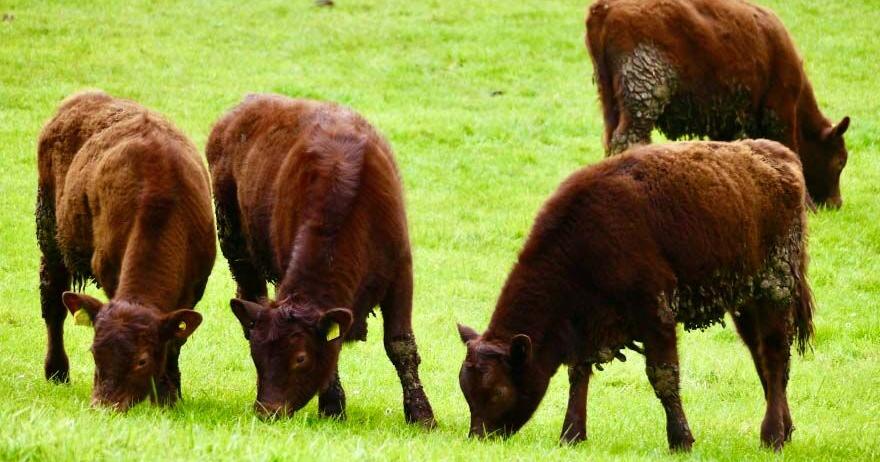WASHINGTON, D.C. – Sen. John Curtis (R-UT) has proposed bipartisan legislation to use targeted grazing to manage the growth of hazardous fuels and reduce risks from wildfires.
“Utah has already experienced 218 wildfires this year, marking a nearly 50 percent increase compared to this point last year,” Curtis explained after introducing his Strategic Grazing to Reduce the Risk of Wildfire Act into the 119th Congress.
“While officials anticipate an above-average wildfire season,” he added, “I am encouraged by proposals that include grazing and use of public lands for fire mitigation.”
Co-sponsored by Sen. Catherine Cortez Mastro (D-NV), Curtis’s proposed legislation would direct the U.S. Department of the Interior and the U.S. Forest Service to collaborate with grazing allotment holders, the various state governments, indigenous tribes and local fire departments to create strategies to cope with potential wildfires.
The American West has long been prone to wildfires, according to Curtis’ staff members here in Washington. But climate change, prolonged drought and the build-up of dry fuels have increasingly intensified these fires and extended fire seasons in recent years.
As a result of those factors, wildfires are now more catastrophic, with their impact growing larger, spreading faster and burning more land than ever before.
For example, the cost of the brush-fed Los Angeles wildfires that swept through luxury neighborhoods in 2024 is estimated to be extremely high, with reports suggesting a total cost exceeding $250 billion.
The Los Angeles Times and other news sources have highlighted the staggering financial impact of these wildfires, emphasizing the need for effective wildfire mitigation efforts and investments.
Here in Utah, the state saw a total of more than 1,200 wildfires reported in 2024, a more than 50 percent increase from 2023 and the highest level that the state has recorded since 2020.
Nationwide, the total of acres burned rose from 2.7 million in 2023 to nearly 9 million in 2024, a more than 230 percent increase.
Specifically, the Strategic Grazing to Reduce the Risk of Wildfire Act would direct federal agencies to target specific high-risk areas for gazing; use temporary grazing permits to reduce fuel build-up; assist communities and indigenous tribes undertaking their own wildfire risk management projects; and reimburse states, local governments, tribes and local firefighting agencies that use strategic grazing on federal lands to reduce wildfire risks.
“Our bipartisan legislation will help empower local officials and fire crews to develop targeted strategies like these to manage hazardous fuels and decrease risks,” Curtis emphasized.

